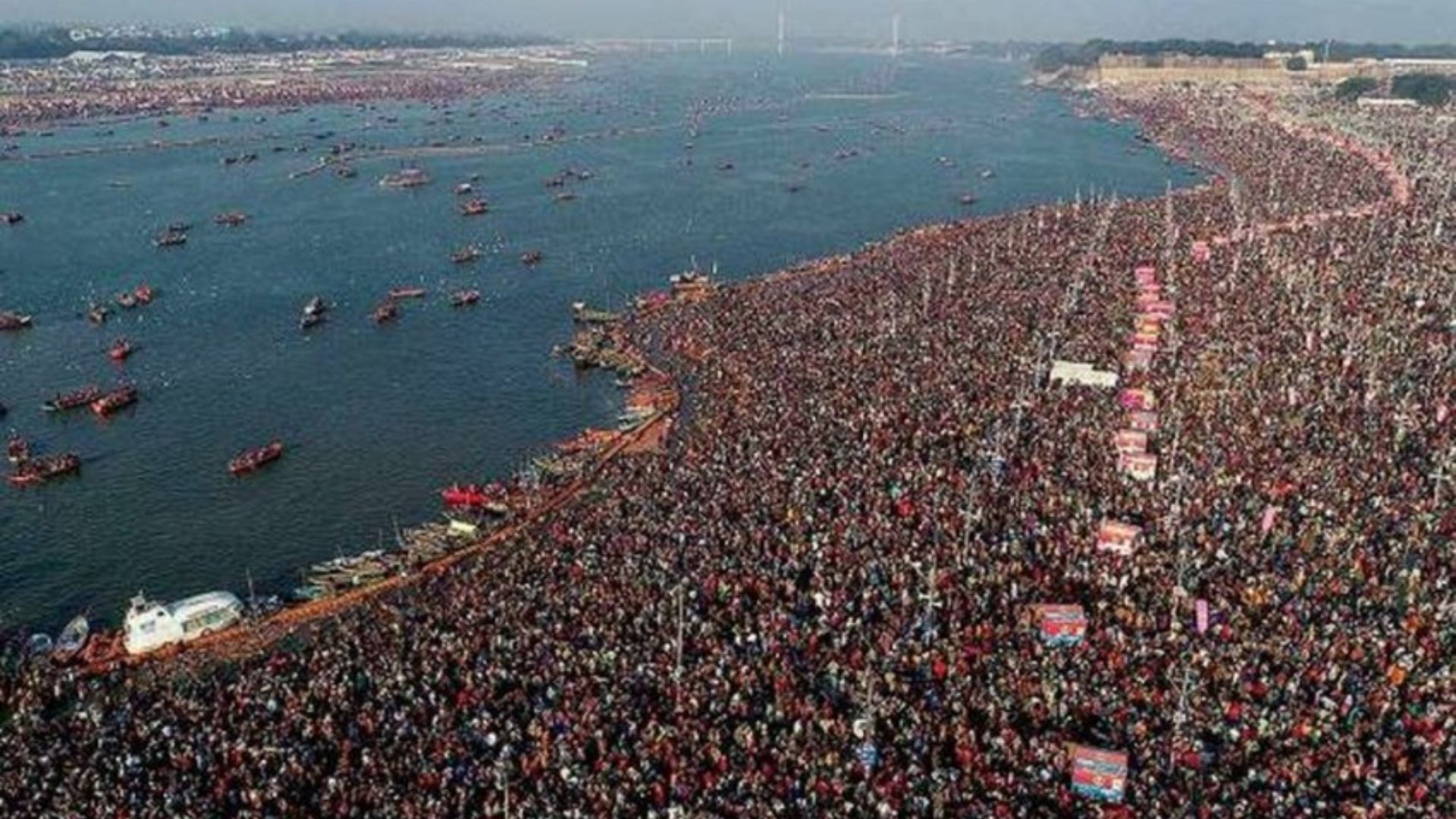The Maha Kumbh Mela, one of the largest religious gatherings in the world, will take place in Prayagraj, Uttar Pradesh, from January 13 to February 26, 2025. This festival draws millions of devotees, who participate in ritual bathing at the confluence of the Ganges, Yamuna, and the mythical Saraswati rivers, seeking spiritual purification.
Key Dates for Kumbh Mela 2025
The festival lasts between 30 to 45 days and includes several significant bathing dates, known as Shahi Snan, considered especially auspicious for spiritual cleansing. The key dates are:
- January 13, 2025: Paush Purnima
- January 14, 2025: Makar Sankranti (First Shahi Snan)
- January 29, 2025: Mauni Amavasya (Second Shahi Snan)
- February 3, 2025: Basant Panchami (Third Shahi Snan)
- February 4, 2025: Achla Saptami
- February 12, 2025: Maghi Purnima
- February 26, 2025: Maha Shivratri (Final Snan)
Prayagraj: The Sacred Location of Kumbh Mela
Prayagraj, formerly known as Allahabad, is situated at the Triveni Sangam, the meeting point of three sacred rivers: the Ganges, Yamuna, and the mythical Saraswati. These rivers hold immense religious significance—Ganges is revered as the mother goddess, Yamuna symbolizes devotion, and Saraswati is the goddess of knowledge. The spiritual energy of this confluence forms the foundation for the Kumbh Mela, attracting millions of pilgrims seeking purification.
Historical and Cultural Significance of Prayagraj
Mythological Origins of Kumbh Mela
Kumbh Mela traces its origins to the Hindu mythology of Samudra Manthan (the churning of the ocean). According to the myth, the gods (devas) and anti-gods (asuras) churned the ocean to obtain amrita—the nectar of immortality. It is believed that drops of this nectar fell at four sacred locations: Prayagraj, Haridwar, Nashik, and Ujjain, marking these places as important pilgrimage sites.
Religious Importance
Prayagraj holds immense religious significance and is often called Tirth Raj or the ‘King of Pilgrimage Sites.’ It is believed that Lord Brahma performed the first Yajna (sacrificial ritual) here. The city is frequently mentioned in ancient texts such as the Mahabharata and various Puranas, underlining its importance as a sacred region.
In addition to its religious significance, Prayagraj has been a hub of culture and education for centuries. Renowned poets and saints like Tulsidas and Kabir have deep roots in this city. Prayagraj has also been a center for political movements, including during the Mauryan Empire. The city has contributed significantly to the arts, particularly through events like the Kumbh Mela, which have showcased traditional performances and cultural expressions.






















